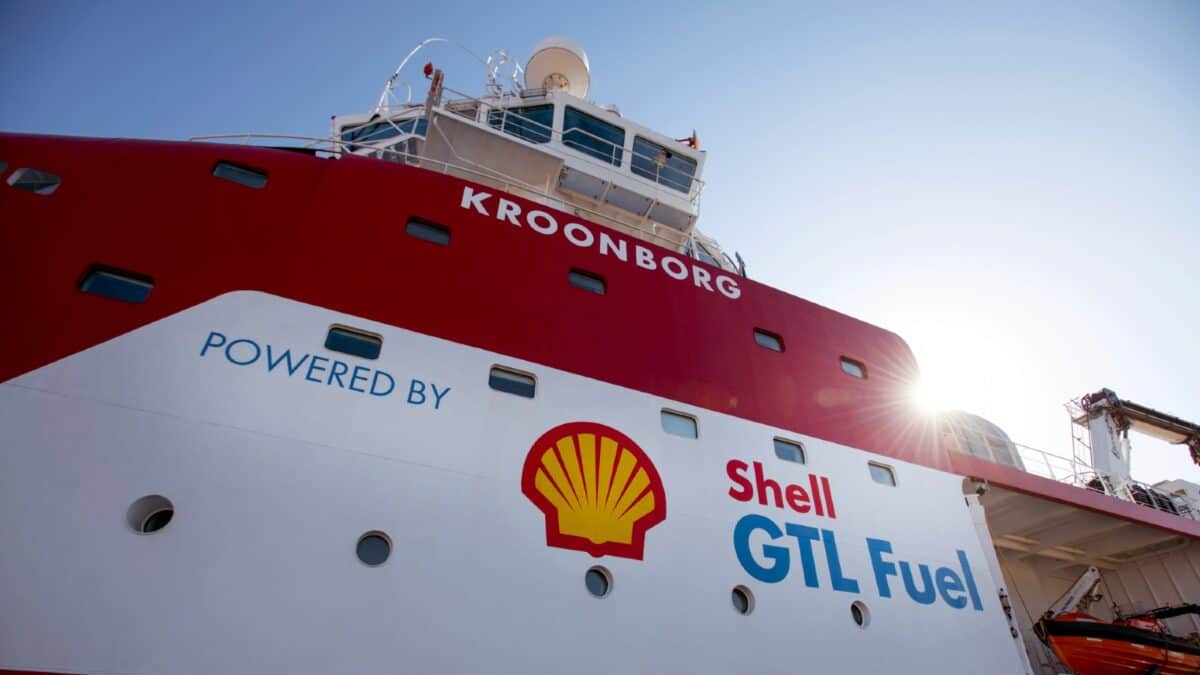The Shell (LSE:SHEL) share price fell briefly this morning after the oil and gas giant downgraded some of its green energy targets. This is the first update since the initiative was launched in 2021 and reveals Shell’s uncertainty that it can reach its original goals.
Initial targets saw Shell pledge to reduce the ‘net carbon intensity’ of its products by 20% by 2030 compared to 2016. This target has now been reduced to include any range between 15% and 20%.
At least it hung on to that 20% as a ‘possibility’ but let’s be honest – the likelihood of achieving that now seems low.
It also announced a new target in the same range to reduce emissions caused when customers use its oil products by 2030 compared to 2021.
A green road ahead?
The price dip was minor, falling from 2547p to 2529p before a mild recovery kicked in. Overall, it had little impact on the price, which remains up 4% this week.
In its defence, Shell has stood by its target to meet net-zero emissions by 2050. Unsurprisingly, this is reportedly driving a significant transformation of its business.
Recently appointed CEO Wael Sawan stated how ‘rapid progress in energy transition’ globally has reinforced his ‘deep conviction in the direction’ of Shell’s strategy. The company now plans to move away from supplying energy directly to European homes, rather focusing on commercial customers and renewable power.
Part of the strategy includes an investment of up to $15bn into low-carbon energy solutions by the end of 2025. This would cover sectors like renewable power, electric vehicle charging, biofuels, and carbon capture.
So what does it mean for the Shell share price?
I’ll admit, I wasn’t expecting huge returns when I bought Shell shares a while back. At the time, it looked well-positioned to transition effectively into the renewable energy narrative. As such, I felt it could provide stability to my portfolio.
However, it has since moved further away from that goal. And yet, the share price has done better than I expected, up 7.4% since late January.
I’m a bit on the fence when it comes to climate change and renewable energy. But the fact is, emission reduction targets exist and tax dollars are being spent on trying to achieve them. Green energy efforts aren’t going away and companies like Shell not only have the funding to help drive them but are under the most pressure to do so.
Despite recent controversy, I believe Shell may eventually emerge as a potential ally to the green energy sector – whether it likes it or not.
Reduced energy spending means Shell’s profit margins are down to 6% from 11% last year. Growth-wise, analysts estimate Shell shares to be undervalued by as much as 28%. This is reflected in its forward-looking price-to-earnings (P/E) ratio of 8.1 times, which is lower than its peer average of 11.3 times.
Another good metric when evaluating oil and gas shares is return on capital employed (ROCE). Shell’s has risen from -0.6% three years ago to 12.5% today, so it’s spending its money well.
Overall, I think the outlook still looks favourable, so I’m holding my shares for now. However, I do hope Shell tries harder to maintain its green energy goals going forward.







